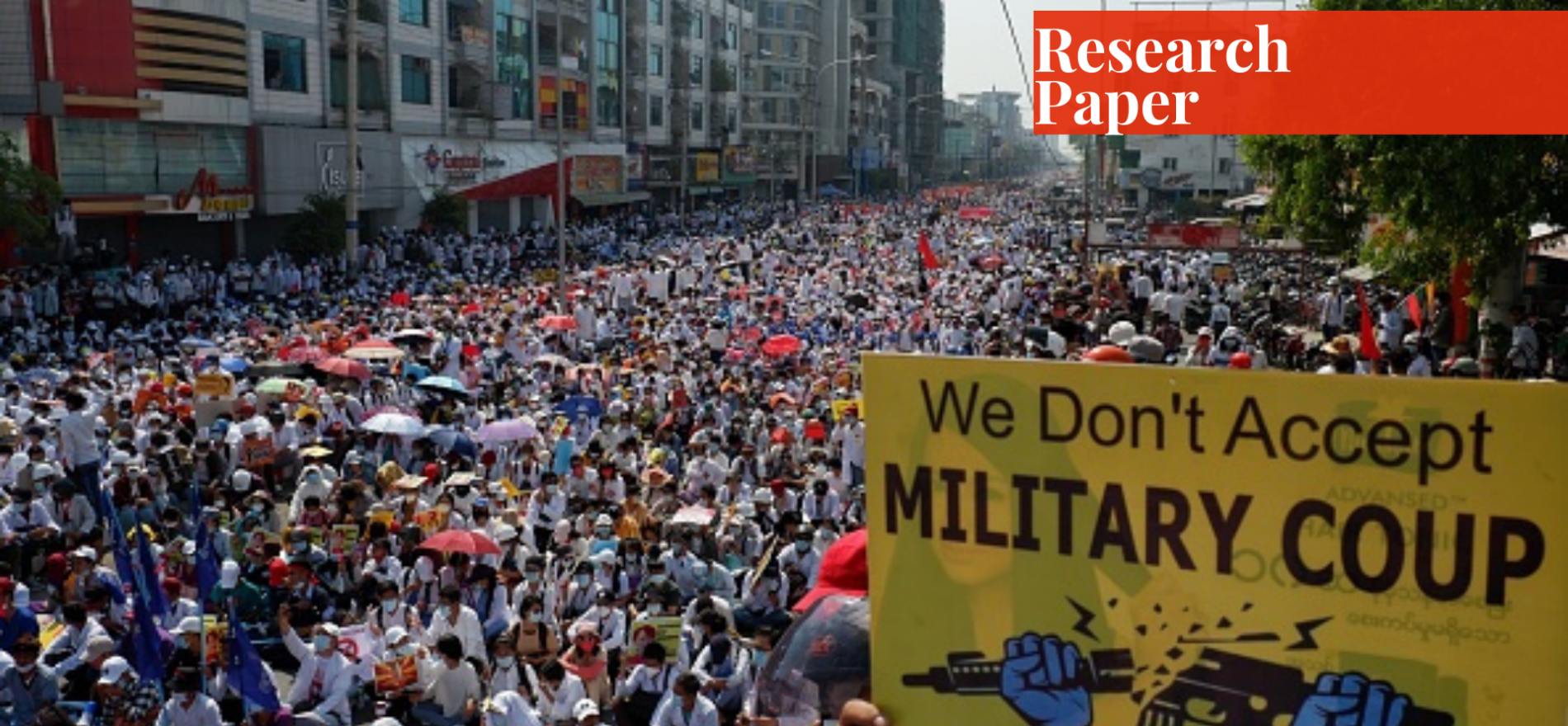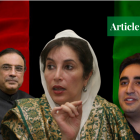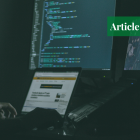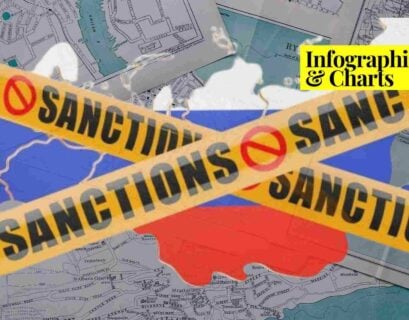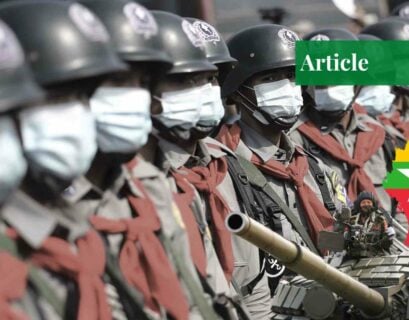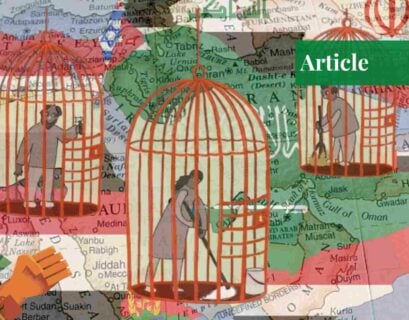Introduction
Myanmar, formerly Burma, is an ethnically diverse country located in Southeast Asia. A former colony of the British Empire, Myanmar became independent in 1948, and like many other countries in the region, it has been struggling for democracy since its independence. Myanmar’s military, locally known as Tatmadaw, has been one of the most consistent enemies of democracy that have occupied political power in one form or another since 1962. As a result, Myanmar has been in constant civil war since its independence.
Many political analysts saw the beginning of the 21st century as a beginning phase of the transition of Myanmar from military rule to a disciplined democracy. However, on 1st February 2021, Tatmadaw seized power, turning a partial democracy into a full-fledged military rule again, after 1962, 1988, and 2007.
The main aim of this research paper is to analyze the main causes of military domination and democratic failure in Myanmar and its impact on human rights in the country. The research design of our paper is based on empirical facts. We have also provided some normative solutions for improving the empirical situations. The research paper is mainly based on qualitative methods like action and narrative research. The data for this research paper has been collected from secondary sources.
For Research convenience we have divided our paper into the following three sub-sections:
- The political history of Myanmar and the military coup of 2021
- The reasons for the failure of democratic transition in Myanmar
- The relation between militarisation and Human rights violation
Democracy and Military Rule
At this juncture, it would be noteworthy to understand the concept of democracy. Democracy simply means a rule by the people. However, if we try to look at it in a broader sense, it is not only a form of government but also a condition of society or a way of life. The conception of democracy can be viewed through two perceptions— procedural/minimalist democracy and substantive democracy.
Procedural/minimalist democracy focuses on the procedures in place to attain democracy, whereas, substantive democracy advocates the rights of the marginalized sections through redistributive justice and political participation. This research paper deals with both views as procedural democracy is a way to attain substantive democracy.
In a democratic state, there also exists an institution of the military whose prime purpose is to protect the state from external threats. To achieve this purpose, the state must endow the military with the means to use force by military equipment and personnel. However, this ability to use force creates the danger that the military will turn its weapon on the very regime that empowered its existence.
Although most nations employ legal and administrative measures to keep the military subservient to the civilian government, these measures are effective only in so far as the military chooses to follow them. When the military disregards these measures and unleashes its force to topple the civilian government, the result is a military coup (Varol, 2012). Kirk S. Bowman through his work “Militarization, Democracy, and Development” demonstrates that in Third World countries militarization has a negative effect on democracy as well as on the development of the country.
In the context of Myanmar’s military rule, Macro Bunte, in his 2011 work “Burma’s Transition to ‘Disciplined Democracy’: Abdication or Institutionalization of Military Rule?”, argued that the strength of military rule in Myanmar makes democratic changes very difficult. This becomes apparent when you look at the state’s political history.
The Political History of Myanmar and the Military Coup of 2021
After independence, Myanmar established a parliamentary democracy under the leadership of Prime Minister U Nu in 1948. Soon, he was stripped of power by the 1962 military coup led by General Ne Win, who claimed that the democratic system practiced by U Nu was incompatible with Myanmar. From 1962 until 2011, Myanmar was ruled by the military but in 2011 a new government began ushering in a return to civilian rule.
In 2015, Nobel Peace Prize laureate Aung San Suu Kyi of the National League for Democracy (NLD) won the election. It was Myanmar’s first free and fair election involving the participation of multiple parties, raising hopes that the country is on its way to a full transition to democracy. Between 2015 and January 2021, the NLD led by Suu Kyi shared power with the military.
However, once again the military took control of the country on 1st February 2021. The Union Solidarity and Development Party (USDP), a political vehicle of the army, alleged that the parliamentary election of November 2020, won by the NDT, was marred by fraud in the voter list and the Election Commission had failed to settle the matter.
Claiming that this would obstruct the path to democracy, the Army Chief Min Aung Hlaing declared a state of emergency for a year in the country and detained Suu Kyi and President Win Myint along with their other associates. According to some reports, Gen. Min Aung Hlaing has presidential ambitions, which Suu Kyi opposed. Furthermore, he is due to retire from the army in July 2021 and Suu Kyi was unwilling to extend his tenure; maybe the coup guarantees an indefinite extension of his tenure (Rasheed, 2021).
The Reasons for the Failure of Democratic Transition in Myanmar
If we consider why the democratic transition failed in Myanmar’s ruling after only 10 years, we come to know that the 2008 constitution has enough clauses to prevent such a transition. In 2008, the state military had written a new constitution that made sure that even when the military allowed power to be transferred to an elected government, its interests would be protected.
According to this constitution, the president must have military experience. The constitution also mandates that the crucial security-related cabinet portfolios would be controlled by the military. Moreover, 25% of the total seats in Myanmar’s parliament are reserved for the military, giving it a veto over any move to change the constitution.
The Tatmadaw views itself as the guardian of national unity on the ground that it secured independence, defended the country against secession, ensured stability and development; however, in “ensuring stability” it has forgotten to find a solution to end the civil war in Myanmar. The legacy of General Aung San, the architect of Myanmar’s independence and founder of the Burma National Army in the early 1940s, still lives on in the military. In his name, the Tatmadaw continues to enjoy strong support among the major ethnic groups in the country.
Myanmar has about 135 officially recognized ethnic groups of different religions. Approximately 2/3rd of the population comprises of the Buddhist Bamar group, who have enjoyed privileged and political positions in society. This elite group is the defender of the military. For example, during 2016-17, when the Tatmadaw’s “clearance operations” targeting Rohingya civilians was launched, it was backed by the majority of the Burmese public, despite the attacks being defined as massacres by many in the international community.
Moreover, the army also buys popular support from Buddhists by making lavish donations to their sangha and funding the construction of monastic schools. There are also many other ethnic groups—Rohingyas, Chin, Kachin, Karen, Shah, and Wa—who have faced various aspects of human rights violations, and marginalization since independence. For example, the 2008 constitution denies citizenship to minority ethnic groups like the Rohingyas.
Historical divisions and ongoing discrimination have fuelled armed conflicts between the government and the armed ethnic organizations. Even the military’s claims that it organized the 2021 coup to ensure stability and promote development in the country, as the democratic system practiced by the elected government fails to do so, doesn’t seem true. The real fight is for power.
The army is used to exercising power. This power yields immense benefits for the institution such as economic dividends. However, the 2015 and 2020 election results showed the growing popularity of Suu Kyi and the unpopularity of the military. In the past, the army managed to restore order quickly after the military unleashed violence to quell protests. However, presently, it is unable to quell the protests.
People refuse to recognize the military because people under the NLD government have experienced much more liberty as compared to during the military rule. After experiencing some liberties, they have realized their rights and democratic values. Most youngsters use virtual private networks (VPN) and encrypted messenger apps to organize protests and are joined by thousands. As protests and violence continue, international pressure is also mounting on the generals.
The Relation Between Militarization and Human Rights Violations
Militarism in Myanmar has neither created peace and stability nor protected human rights and physical security. If anything, militarism coupled with ethnic grievances has ensured the continuation of the civil war in Myanmar. UN agencies and NGOs like Amnesty International, through various reports from time to time, have highlighted human rights abuses which include killings in custody, corruption, and practices like the creation of child soldiers and forced labor, sexual violence, etc. (US Department of State, 2019).
As per a 2021 Human Rights Watch report, the 2016-17 brutal campaign by security forces against the Rohingyan minority group resulted in 740,000 people fleeing to neighboring states. Further, in the recent 2020 elections, the Union Election Commission canceled voting in parts of Chin, Kachin, Karen, Wa, Mon, Rakhine, and the Shan States without providing detailed explanations (Human Rights Watch, 2021). This also led to the international criticism of Aung San Suu Kyi and her NLD government.
Civil and political rights can be implemented only if everyone has a minimum of economic security. However, decades of military rule, isolationist policies, economic mismanagement, black market, and drug smuggling have resulted in backwardness especially in rural areas, where more than 50% of the country’s population lives (Maizland, 2021). Though economic reforms, including opening up of trade and investment since 2011, led to some modest gains with the growth of GDP per capita, the recent pandemic has worsened the impact on the economy.
The recent military coup will further deteriorate the economy and human rights situation. The military junta is trying to suppress peaceful anti-coup protestors by using open fire techniques and through the suspension of various rights, such as the right to freedom of expression, restriction on the free flow of information, etc. In doing so, it is aggravating the civil war in Myanmar.
UN rights experts have called for “urgent and decisive action” against the military of Myanmar including targeted sanctions and arms embargo. The US has imposed new sanctions. However, there are many nations such as China, Thailand, Singapore, and the ASEAN member states that have developed close relations with Myanmar in years when the USA, Canada, Australia, and India followed a policy of isolation regarding Myanmar (Guyon, 1992).
For example, China provides arms and expertise in diplomacy. Even the recent coup incident is suspected to have backing from China. India, which is a successful democratic neighbor of Myanmar, is now reluctant to take strict actions because of its geopolitical concerns and prefers a policy of non-interference in the internal affairs of any country. Therefore, these mixed international responses to the military’s atrocities have led many countries to doubt the effect of imposing economic sanctions and isolating Myanmar.
Possible Solutions
Some measures can be applied for improving the conditions in Myanmar. First of all, there is a need to impose strict economic and diplomatic sanctions. In the past, the military paid little attention to international opinion or targeted sanctions but the situation is likely to be different now. The military finds it increasingly difficult to consolidate power and restore order. A concerted global campaign against the military of Myanmar would strengthen the demands of anti-coup protestors and will be in favor of democratic principles and the preservation of human rights.
Secondly, there is an urgent need to resolve the long-drawn civil war in Myanmar by reducing mistrust among the government and the ethnic groups. This mistrust may be dispelled by adopting track three diplomacy. This type of diplomacy would involve unofficial, non-structured interactions among the parties and the involvement of ordinary people. This approach necessitates that each party is optimistic about the other and tries hard to create a channel of trust among them. This would enable the way for the federal system in the country. Furthermore, all these efforts should be accompanied by strict control over violence by the army as well as ethnic militants.
Conclusion
It is apparent that throughout Myanmar’s history the implementation process of the democratic system has always been stormed by the military interference in the political system. Though the recent coup situation is different because of the change in society’s outlook still democracy is facing a challenge due to institutional flaws and ethnic differences.
International and domestic efforts in removing these challenges would lead to the future of Myanmar being in the hands of those who are protesting for ensuring democratic principles and human rights in Myanmar, and not the military. This would also be in relation to the thinking of General Aung San that to maintain political stability in Myanmar, the military must be placed as a professional body with no involvement in the political arena.
References
- Felice, W. F. (1998). Militarism and human rights. International Affairs, 74(1). https://www.jstor.org/stable/2624664?seq=1
- Maizland, L. (2021). Troubled history: Coups, military rule, and ethnic conflict. Council on Foreign Relations. https://www.cfr.org/backgrounder/myanmar-history-coup-military-rule-ethnic-conflict-rohingya
- Guyon, R. (1992) Repression in Burma: Human rights and the global response. Pacific Basin Law Journal, 10(2). https://escholarship.org/uc/item/05k6p059
- Keling, M.F., Saludin, M.N., von Feigenblatt, O.F., Ajis, M.N. & Shuib, M.S. (2010). A historical approach to Myanmar’s democratic process. Journal of Asia Pacific Studies, 1(2), 132-148.
- Varol, O.O. (2017). The democratic coup d’etat. https://doi.org/10.1093/oso/9780190626013.001.0001
- Rasheed. Z. (2021). Why Myanmar’s military seized power in coup? Al-Jazeera. https://www.aljazeera.com/news/2021/2/1/who-is-min-aung-hlaing
- Cuddy, A. (2021). Myanmar coup: What is happening and why? BBC. https://www.bbc.com/news/world-asia-55902070
- Tran, V. (2021). To understand post-coup Myanmar, look to its history of popular resistance- not sanctions. Brookings. https://www.brookings.edu/blog/order-from-chaos/2021/02/09/to-understand-post-coup-myanmar-look-to-its-history-of-popular-resistance-not-sanctions/
- United States Department of State (2019). Burma Human Rights Report. https://www.state.gov/wp-content/uploads/2020/02/BURMA-2019-HUMAN-RIGHTS-REPORT.pdf
- Human Rights Watch (2021). World Report 2021: Events of 2020.
If you want to submit your articles and/or research papers, please check the Submissions page.
The views and opinions expressed in this article/paper are the author’s own and do not necessarily reflect the editorial position of Paradigm Shift.
